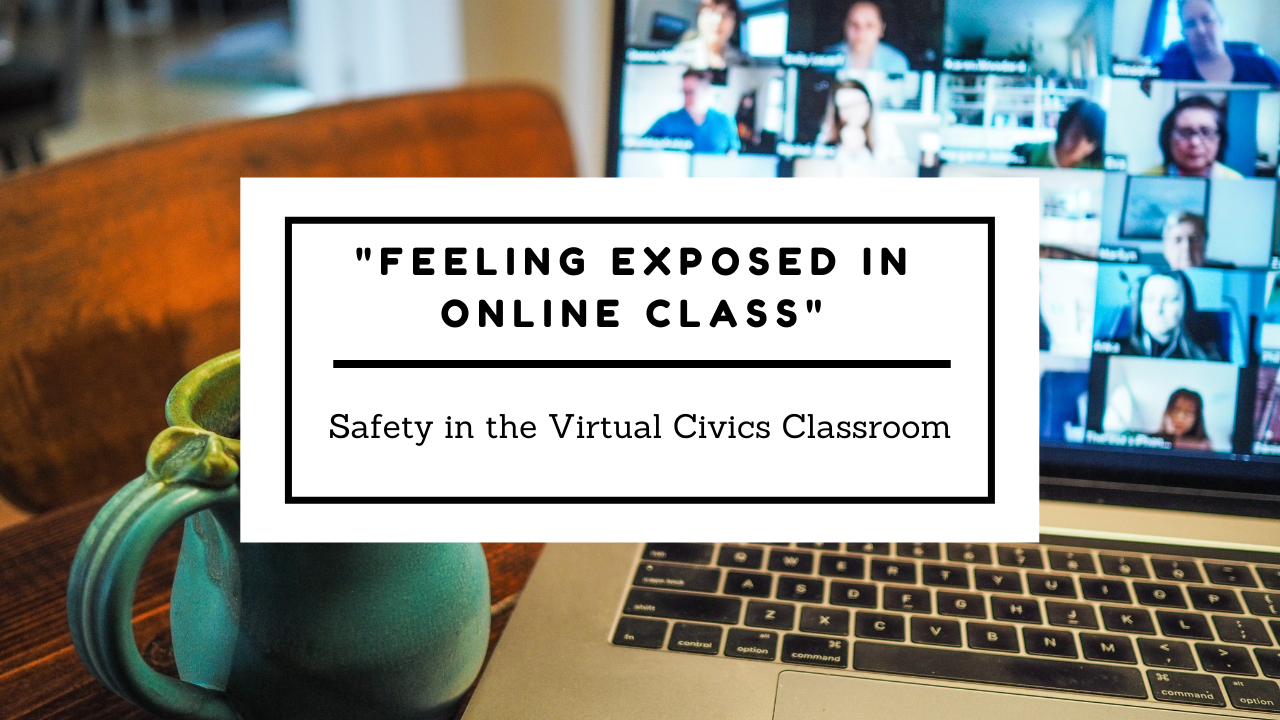 Snapshot: This case from the Netherlands explores the challenges of organizing a safe space for discussion in the online civics classroom. Should teachers refrain from inviting students to share their opinions, feelings and concerns online because they cannot guarantee student safety? Or should teachers instead foster awareness of the vulnerability of those engaged in online discussions?
Snapshot: This case from the Netherlands explores the challenges of organizing a safe space for discussion in the online civics classroom. Should teachers refrain from inviting students to share their opinions, feelings and concerns online because they cannot guarantee student safety? Or should teachers instead foster awareness of the vulnerability of those engaged in online discussions?
Case Description: During the COVID-19 pandemic, classroom instruction across the world moved online, exposing both promises and pitfalls inherent to this form of education. This case examines the particular challenges that arise when civics educators organize discussions of controversial issues in the online classroom.
In the case, a civics teacher at a vocational school (MBO) in the Netherlands finds herself in an uncomfortable situation when a parent interrupts her lesson, furious at what she views as “indoctrination.” The teacher brings the problem to her colleagues, leading to a debate about the meaning of safety in the online classroom, the best way to protect vulnerable students, and the role of discourse in the civics curriculum. With their school considering a permanent move to blended learning for civics courses, the teachers know that the challenges they face won’t be disappearing any time soon.
This timely case raises important questions for educators, school and district leaders, and policy makers: How can teachers and schools make online classrooms safe for students and instructors? Should safety be prioritized over civic discourse? What role should families play when instruction is happening over the computer at home? What role should controversial issues discussions play in the civics classroom, whether in person or virtual?
Additional Resources:
- You can also read this case study in Dutch.
- We also have a reader's theater script for this case.
- To learn more about the push by MBOs (vocational schools) to continue online learning, even after the worst of the pandemic, read this article (written in Dutch). It outlines the reasoning of the MBOs, along with the arguments against this approach voiced by teachers, students, and politicians.
- The teachers in the case study bring up serious concerns about their own safety, in both the physical and online civics classroom, including a reference to murdered French teacher Samuel Paty. For a better understanding of Paty’s death and its impact, see this article from the New York Times, "A Year Later, A Schoolteacher's Beheading Still Haunts France."
- Illustrating an American perspective on the challenges of conducting civic discussions in the online classroom, this article from Education Week includes thoughts from both scholars and teachers. It's titled "Talking Civics in Remote Classes in 2020: What Could Go Wrong?"

